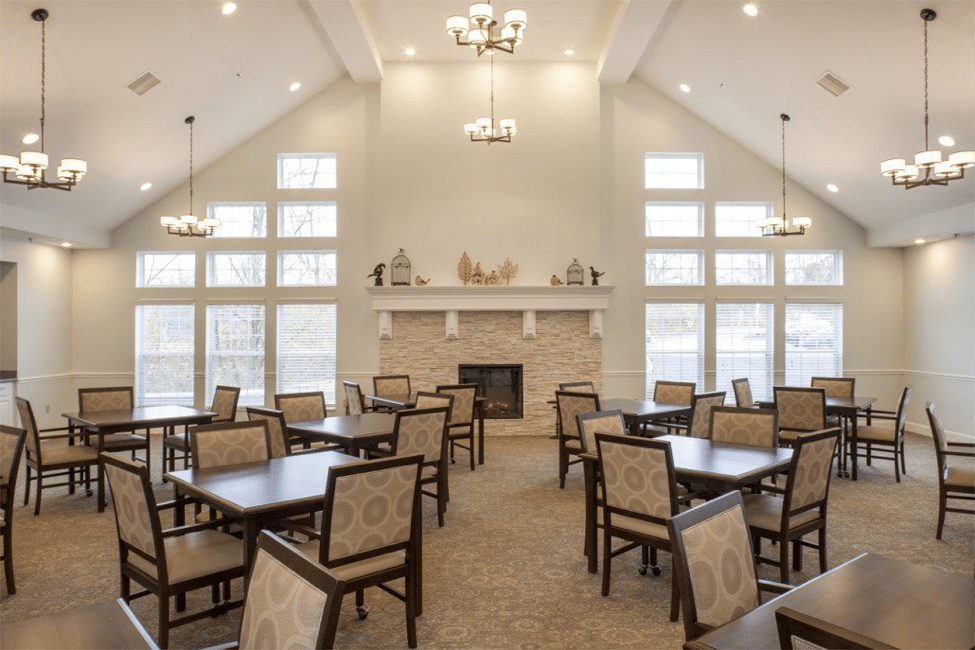Compassionate Memory Care for Dementia and Alzheimer’s
At The Ashford, we specialize in providing compassionate memory care for individuals living with Alzheimer’s, dementia, or other memory-related conditions. We understand that deciding on a memory care community is a significant step for you and your family, and we’re here to support you every step of the way.
Signs Your Loved One May Need Memory Care
If your loved one is beginning to show signs of dementia, it’s essential to know what to look out for. Common signs that it may be time to consider memory care include:
- Memory Loss: Difficulty remembering recent events, frequently misplacing items, or repeating the same questions.
- Struggles with Daily Tasks: Trouble with routine tasks such as cooking, managing finances, or maintaining personal hygiene.
- Disorientation: Confusion about time, place, or familiar surroundings.
- Impaired Judgment and Problem Solving: Difficulty making decisions or solving simple problems.
- Personality Changes: Noticeable changes in mood, increased irritability, anxiety, or withdrawal from social interactions.
If these behaviors are becoming more frequent, it may be time to explore the benefits of a specialized memory care community.
Why Choose The Ashford for Memory Care?
Our memory care program offers:
- Personalized Care Plans: We create individualized care plans tailored to your loved one’s needs, promoting independence and well-being.
- Cognitive and Social Engagement: Our therapeutic activities are designed to support memory retention and encourage social interaction.
- 24/7 Expert Care: With round-the-clock support in a safe and secure environment, your loved one will be in capable, caring hands.
- Compassionate and Professional Staff: Our team is trained to provide specialized care for seniors with memory impairments, creating a warm and supportive environment.
Our goal is to help your loved one maintain a high quality of life while providing peace of mind for you and your family. We invite you to schedule a tour of one of our memory care communities such as The Ashford of Grove City or The Ashford of Beavercreek to see how our memory care services can benefit your loved one.













